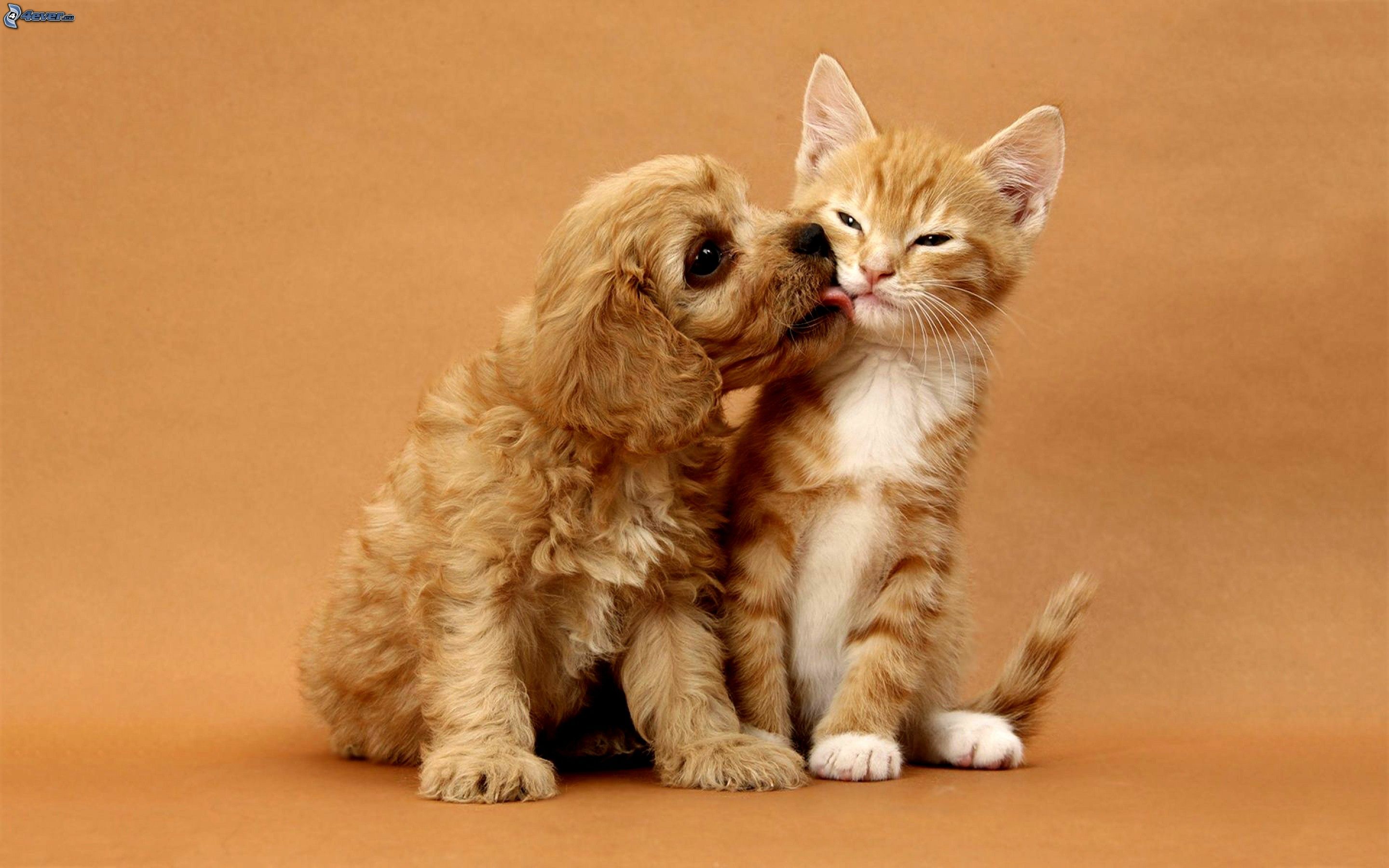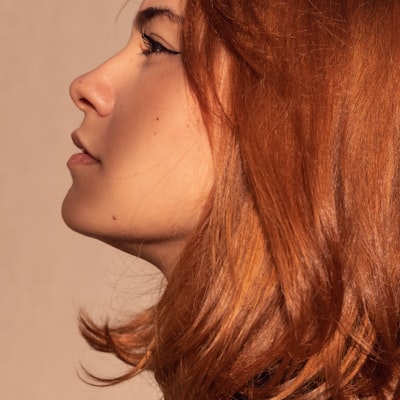A description of Borja Capponi's 2022 findings on the anchoring of the eyes in dogs


Dogs' body language is very different from ours. Sight is our first sense, whereas smell is theirs. Our world and our anthropomorphic thinking, however, cause us to make mistakes and teach them to misuse their sight.
It is common for dogs to feed off of the mothers' nipples when they are born. As a result of olfactory receptors, they can do this. Mothers protect and limit their children as they grow.
Having developed olfactory abilities, they can identify substances, people, and even different cancer cells from healthy cells. A person's sense of smell is essential to both finding food and communicating with others. Therefore, dogs communicate with each other through the sense of smell. To establish a pure chemical connection, they release various types of pheromones.
Sight is the primary sense through which humans are able to recognize the environment, and the rest of the senses are used in a complementary manner. As we grow older, our sense of smell becomes less developed. In fact, a dog's brain is often compared to that of a 2-year-old. As soon as we anchor the eyes, we cannot treat them in the same way.
Eye contact is a natural part of communication. Our instinct is to smile exaggeratedly at babies and speak to them in a sweet, high-pitched voice. How does this work if we use it with a dog with a different communication system? Animals would therefore develop erroneous conditioning.
Dogs with this condition exhibit obsessive behaviors such as chasing moving objects and staring at you. A poor anchorage of the vision affects these dogs.
Your dog feels rewarded for looking at you in the eye because your brain secretes oxytocin (the love hormone). As we can see our dog, we cannot stop looking at him, but we should learn how to do it correctly and try to condition his brain as little as possible.
A dog's communication with humans will be unbalanced at first, because we communicate by looking into each other's eyes. By observing the dog's facial expressions, you can understand what he is thinking at Borja Capponi Academy. The gestures you make can also provide your dog with clues about your mood.
pet articles is closely related to his hunting ability. When we throw a ball to our dog friend, this instinct is stimulated, and if we do it wrong, he will chase everything that moves. There is a good chance that this will happen to your border collie. As herding dogs, they are prone to becoming obsessed with movement.
To respect their nature, you must learn their language. By training them to use eye contact like we do, we will be giving them an unbalanced life that is anxious, insecure, and aggressive.
Dogs learn to look us in the eye when they want food, so we become their food dispenser, and we do not establish a bond with them. A permanent conditioned communication is this type of communication. Actually, he commands us.
Overstimulating smell with scent games doesn't make sense if a dog uses sight excessively. Because sniffing games are something they do naturally, they don't get tired of them. Fatigue occurs as a result of stress generated by not finding food. With him, we can play to find the prize without getting too excited or stressed out.
Sense of smell is curiosity, and sight is predation. Initially, dog smells are his best advisers (since he is born blind and deaf), and that should be true for the duration of his life; unfortunately, it is not.
Dogs that use sight as their first sense will be more nervous than normal or insecure, depending on their genotypes. They are in predation as long as they are continuously using sight. After the dog stops sniffing the world around him because he learns to control himself with his eyes, he goes on guard and automatically activates his defense mechanism.
As a dog learns to live through his nose, he is cautious and learns what is real and what is not. That's why it's essential not to let your dog stare to get what she wants. Like the ear, the nose arouses curiosity.
In addition to making them patient, curious, and organic, smell also makes them persistent.
